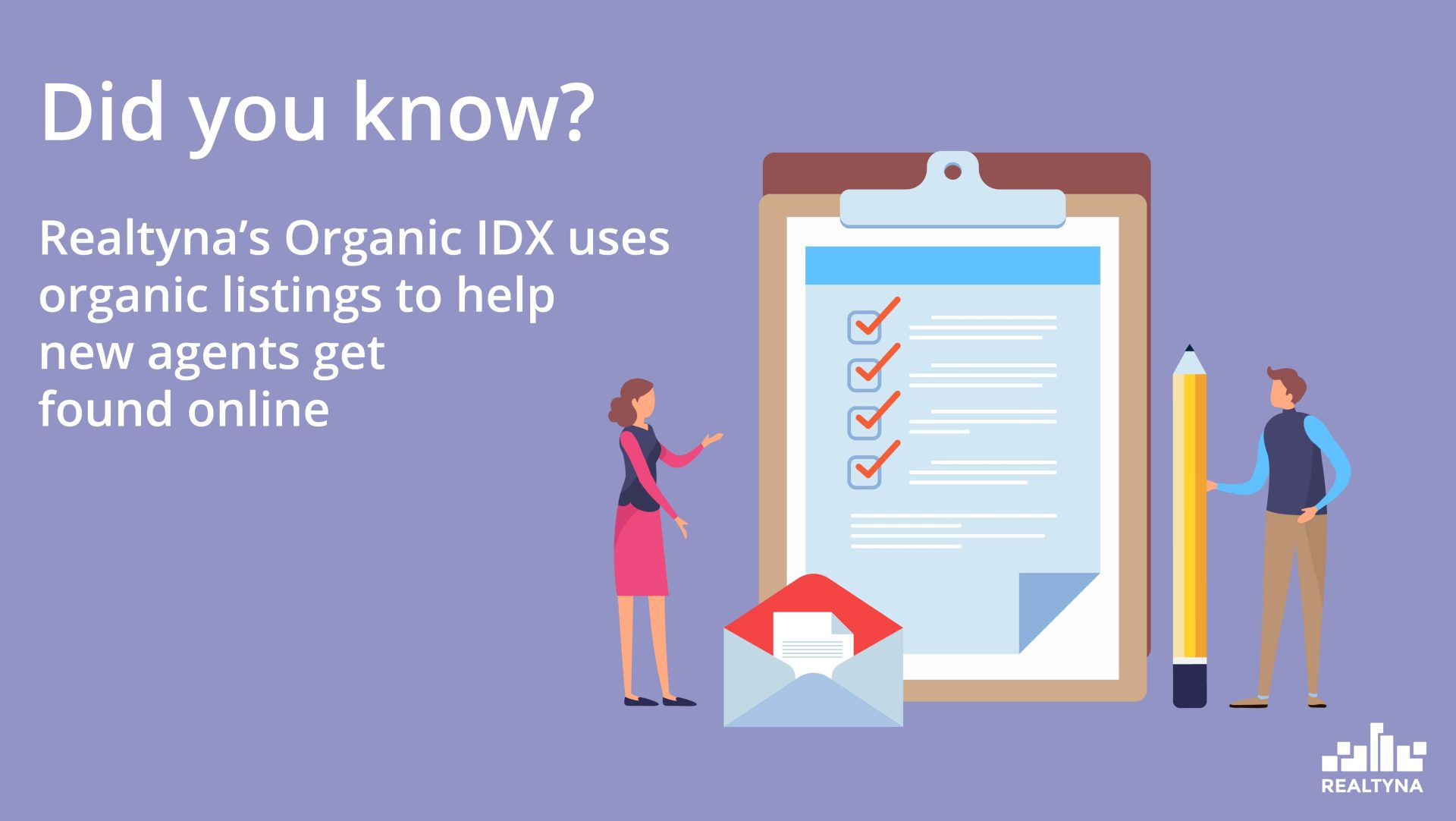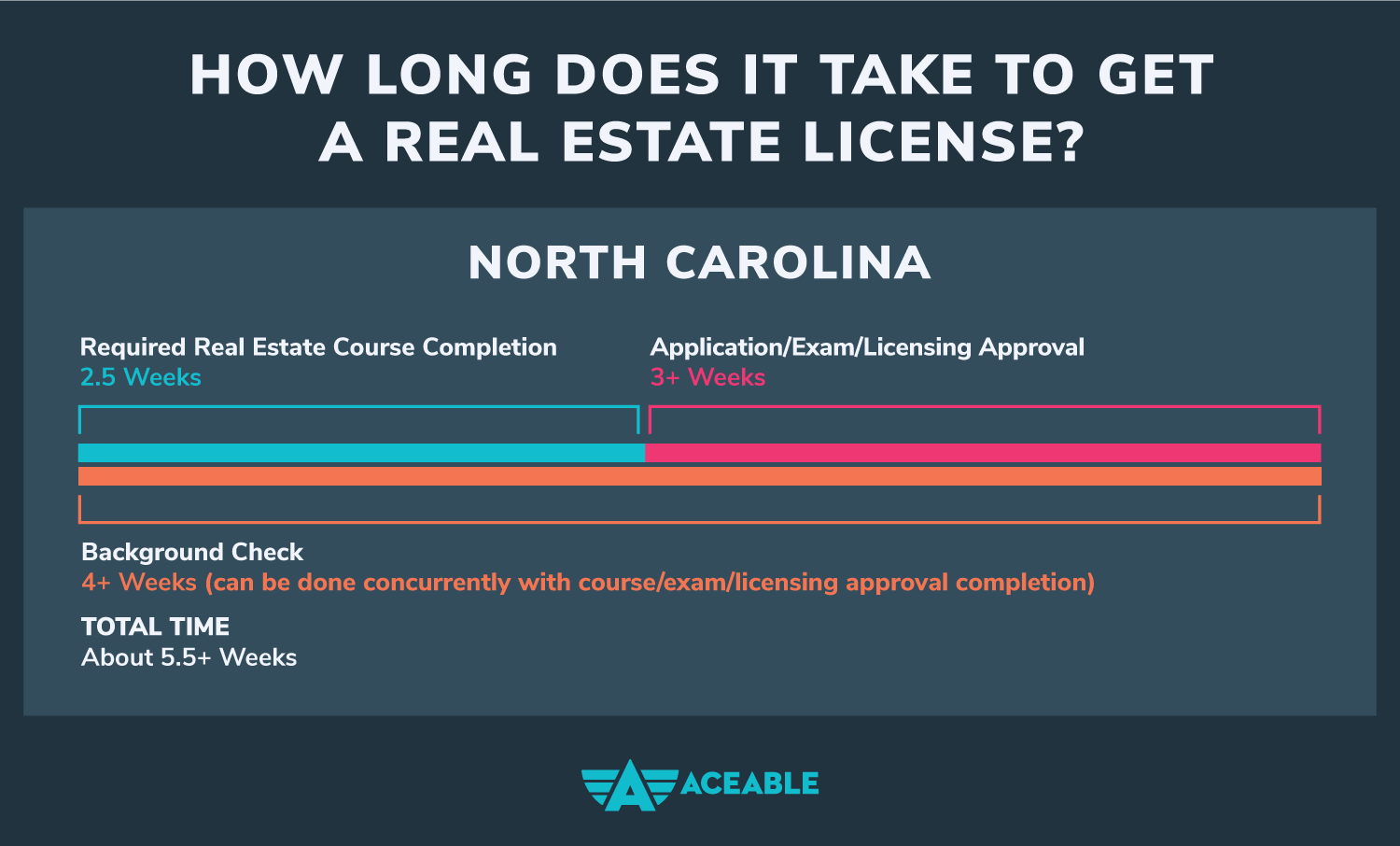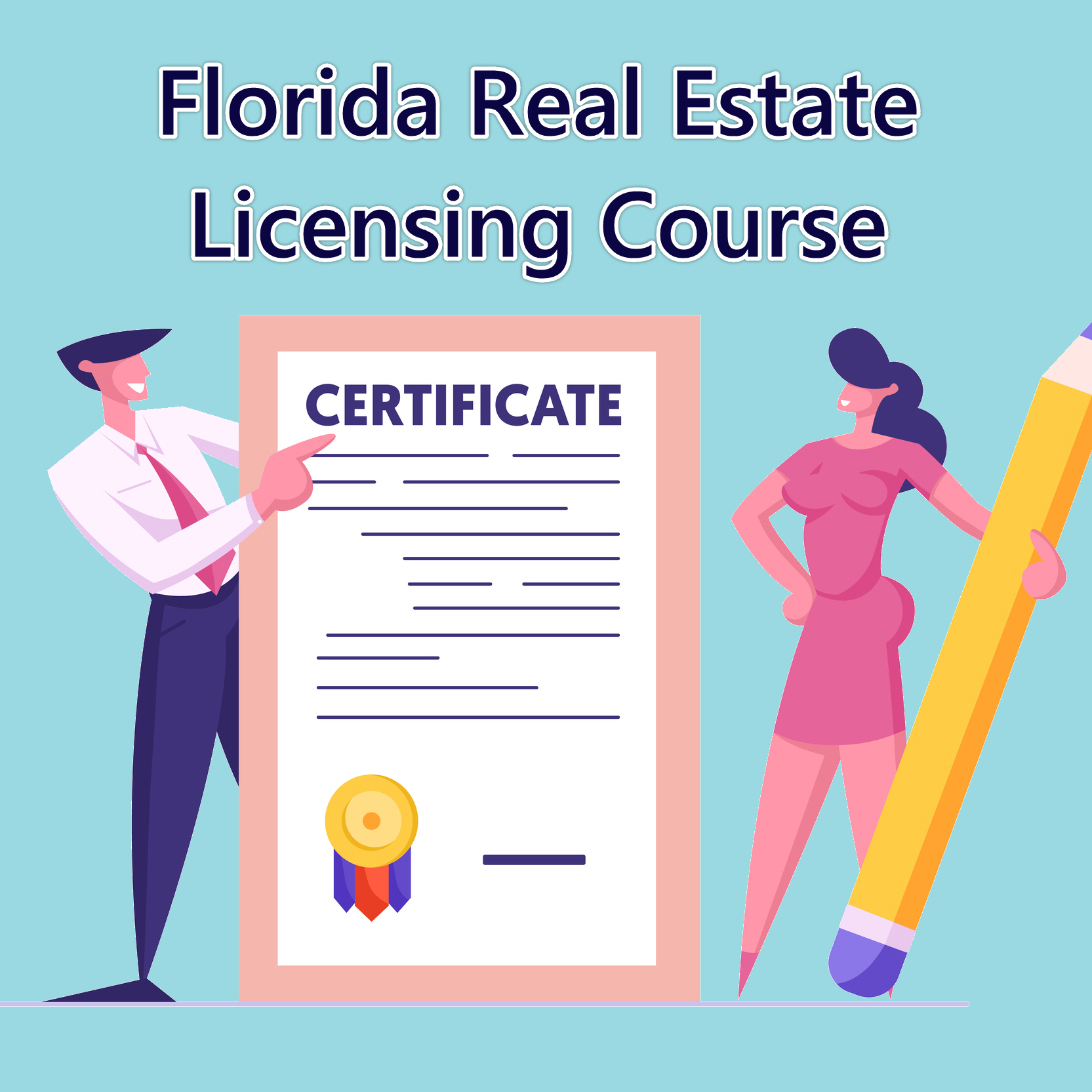
Here are some ways you can invest in real estate without spending a lot of money. These include House hacking, Hard money loans, and 203(k). Another popular option for investors is equity partnership. The option to purchase a property and pay off the mortgage in the following few years is also possible. However, it may not be as easy as it sounds. There are ways you can invest in real estate that don't require any capital.
House hacking
House hacking is a great strategy to invest in property without investing any money. This involves buying multifamily homes and renting out the remainder. You then sell the property for a profit in two to three years. This strategy can be used for many types of properties, including single-family homes and multifamily properties. It can be used in certain cases to rent or live free of rent.

203(k), loans
First-time investors are best served by the 203k loan. This loan is great for renovations, however the house must still be occupied for at least 12 month. Even if you have no plans to make any repairs, the whole process can be stressful. You can make the process much easier by working with an experienced real estate agent who is familiar with how to apply for a loan under 203(k).
Hard money loans
It can be daunting to think of how to find hard money lenders if you are looking at investing in realty without money. Hard money lenders are usually flexible with the terms of their loans because they are based on the property's value. You might consider looking for a lender that shares your goals and can provide the financing you need.
Equity partnership
You've found the right place if you are looking for ways to invest in real property without any money. Even though you might not have enough money to buy a house of your own, there are still many options for acquiring funds. In fact, you can even use the funds of family members or friends to purchase a home. There are many ways to get money, whether you borrow from friends or family or go through a private lender.
Lease option
You can invest in real estate without investing any money by using a lease option. A lease option is when you make monthly payments with an option to purchase the property at a later date. The goal is to line up a tenant that will pay the lease amount and you will receive a deposit from them. The deposit is the option money and you should charge a higher amount than the actual value of the property. With this strategy, you will make $300 each month.

Wholesale deals
This article will offer some ideas on how you can invest in wholesale real-estate deals without having to pay any money. Wholesale properties are usually not listed on the public, but they can provide a great opportunity to make quick profits. Even though it can be hard to find the perfect property for a low price point, there are significant benefits to buying wholesale properties. Wholesale properties must not only be below market value, but also have upside potential. To become an investor, you will need research the local realty market and curate a buyer’s list. You also need financing. Start by looking for wholesale properties in your local area.
FAQ
What are the key factors to consider when you invest in real estate?
First, ensure that you have enough cash to invest in real property. If you don't have any money saved up for this purpose, you need to borrow from a bank or other financial institution. It is also important to ensure that you do not get into debt. You may find yourself in defaulting on your loan.
It is also important to know how much money you can afford each month for an investment property. This amount must cover all expenses related to owning the property, including mortgage payments, taxes, insurance, and maintenance costs.
Also, make sure that you have a safe area to invest in property. You would be better off if you moved to another area while looking at properties.
Can I buy a house in my own money?
Yes! There are programs available that allow people who don't have large amounts of cash to purchase a home. These programs include conventional mortgages, VA loans, USDA loans and government-backed loans (FHA), VA loan, USDA loans, as well as conventional loans. For more information, visit our website.
What is a reverse mortgage?
A reverse mortgage is a way to borrow money from your home without having to put any equity into the property. It allows you access to your home equity and allow you to live there while drawing down money. There are two types available: FHA (government-insured) and conventional. Conventional reverse mortgages require you to repay the loan amount plus an origination charge. FHA insurance covers repayments.
What are some of the disadvantages of a fixed mortgage rate?
Fixed-rate loans tend to carry higher initial costs than adjustable-rate mortgages. If you decide to sell your house before the term ends, the difference between the sale price of your home and the outstanding balance could result in a significant loss.
Is it better to buy or rent?
Renting is generally less expensive than buying a home. It is important to realize that renting is generally cheaper than buying a home. You will still need to pay utilities, repairs, and maintenance. Buying a home has its advantages too. You will have greater control of your living arrangements.
Statistics
- It's possible to get approved for an FHA loan with a credit score as low as 580 and a down payment of 3.5% or a credit score as low as 500 and a 10% down payment.5 Specialty mortgage loans are loans that don't fit into the conventional or FHA loan categories. (investopedia.com)
- Private mortgage insurance may be required for conventional loans when the borrower puts less than 20% down.4 FHA loans are mortgage loans issued by private lenders and backed by the federal government. (investopedia.com)
- This seems to be a more popular trend as the U.S. Census Bureau reports the homeownership rate was around 65% last year. (fortunebuilders.com)
- This means that all of your housing-related expenses each month do not exceed 43% of your monthly income. (fortunebuilders.com)
- Some experts hypothesize that rates will hit five percent by the second half of 2018, but there has been no official confirmation one way or the other. (fortunebuilders.com)
External Links
How To
How to Manage A Rental Property
Although renting your home is a great way of making extra money, there are many things you should consider before you make a decision. We will show you how to manage a rental home, and what you should consider before you rent it.
If you're considering renting out your home, here's everything you need to know to start.
-
What should I consider first? Before you decide if you want to rent out your house, take a look at your finances. If you have debts, such as credit card bills or mortgage payments, you may not be able to afford to pay someone else to live in your home while you're away. You should also check your budget - if you don't have enough money to cover your monthly expenses (rent, utilities, insurance, etc. ), it might not be worth it.
-
How much is it to rent my home? It is possible to charge a higher price for renting your house if you consider many factors. These include things like location, size, features, condition, and even the season. Prices vary depending on where you live so it's important that you don't expect the same rates everywhere. Rightmove shows that the median market price for renting one-bedroom flats in London is approximately PS1,400 per months. This means that you could earn about PS2,800 annually if you rent your entire home. That's not bad, but if you only wanted to let part of your home, you could probably earn significantly less.
-
Is it worth it? It's always risky to try something new. But if it gives you extra income, why not? Before you sign anything, though, make sure you understand exactly what you're getting yourself into. Your home will be your own private sanctuary. However, renting your home means you won't have to spend as much time with your family. Make sure you've thought through these issues carefully before signing up!
-
Is there any benefit? There are benefits to renting your home. Renting out your home can be used for many reasons. You could pay off your debts, save money for the future, take a vacation, or just enjoy a break from everyday life. It's more fun than working every day, regardless of what you choose. Renting could be a full-time career if you plan properly.
-
How do I find tenants Once you decide that you want to rent out your property, it is important to properly market it. You can start by listing your property online on websites such as Rightmove and Zoopla. After potential tenants have contacted you, arrange an interview. This will help you evaluate their suitability as well as ensure that they are financially secure enough to live in your home.
-
How can I make sure that I'm protected? If you're worried about leaving your home empty, you'll need to ensure you're fully protected against damage, theft, or fire. You will need insurance for your home. This can be done through your landlord directly or with an agent. Your landlord will often require you to add them to your policy as an additional insured. This means that they'll pay for damages to your property while you're not there. If you are not registered with UK insurers or if your landlord lives abroad, however, this does not apply. In such cases, you will need to register for an international insurance company.
-
Sometimes it can feel as though you don’t have the money to spend all day looking at tenants, especially if there are no other jobs. But it's crucial that you put your best foot forward when advertising your property. A professional-looking website is essential. You can also post ads online in local newspapers or magazines. Also, you will need to complete an application form and provide references. Some people prefer to do the job themselves. Others prefer to hire agents that can help. Interviews will require you to be prepared for any questions.
-
What should I do once I've found my tenant? If there is a lease, you will need to inform the tenant about any changes such as moving dates. If this is not possible, you may negotiate the length of your stay, deposit, as well as other details. While you might get paid when the tenancy is over, utilities are still a cost that must be paid.
-
How do you collect rent? When it comes to collecting the rent, you will need to confirm that the tenant has made their payments. You will need to remind your tenant of their obligations if they don't pay. Any outstanding rents can be deducted from future rents, before you send them a final bill. If you're having difficulty getting hold of your tenant you can always call police. If there is a breach of contract they won't usually evict the tenant, but they can issue an arrest warrant.
-
What can I do to avoid problems? While renting out your home can be lucrative, it's important to keep yourself safe. Install smoke alarms, carbon monoxide detectors, and security cameras. Make sure your neighbors have given you permission to leave your property unlocked overnight and that you have enough insurance. You should not allow strangers to enter your home, even if they claim they are moving in next door.